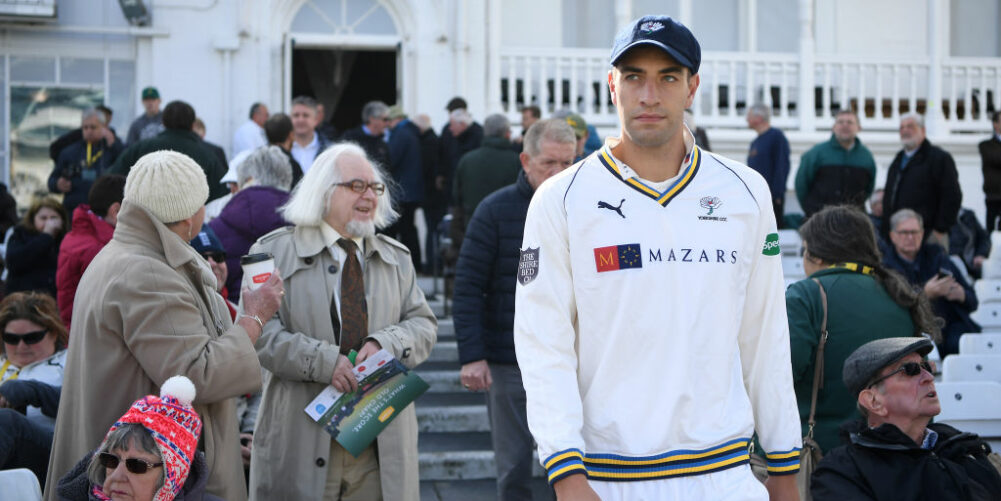Take a deep breath.
This is not the most straightforward column you are going to happen upon this week.
Instead of critiquing a cover drive or admonishing an administrator, let’s instead, inspired by Jofra Archer’s ascension, delve into the misty world of qualifying foreign-born players for England, where there is plenty more going on than meets the eye.
To begin, the boring bit. When a player registers with the ECB upon signing a county deal, their citizenship is reviewed.
If they are not of British stock in isolation, it is explained to the recruit what would need to occur for them to be eligible for the Three Lions, per the regulations defining qualification section of the first-class rules and regulations.
In the first sentence of that document, it specifies that a
player must be a British citizen; the relevant sub-point for those from
elsewhere that they must have been a resident for the preceding three years.
Also, the player needs to spend 210 days of those years in England or Wales.
Since the ECB decided from January 1 this year to reduce that period from seven years to come into line with other full-member ICC nations (read: to ensure that Archer would be eligible for World Cup selection) that’s where the attention has focused.
In turn, when Duanne Olivier signed with Yorkshire on a
Kolpak contract, there was context to him saying that he had “a goal to play
for England” prompting headlines that he could do so in three years by age 29.
But not quite. Even if Olivier meets the residency component, his chances of
obtaining citizenship is slim due to the tier visa he, and other Kolpaks, are
on.
A condition of that visa is that the UK government don’t count the period they are playing county cricket towards obtaining that all-important citizenship document. Without an ancestral or spousal link to a passport, there is no obvious route to an England shirt.

For players who do come to England with a passport, however,
it is a different story altogether. Take (the other) Ryan Sidebottom. On this
page this time last year, the 29-year-old Australian explained that when he won
an unexpected two-year deal at Warwickshire in 2017, he was briefed on the
seven years he would be spending in international purgatory.
“I had a giggle,” he said at the proposition. At that time,
overcoming so many injury setbacks when he was part of the Victorian set-up
earlier this decade, was just happy to be here. Fast forward, he has 50
first-class wickets at 25. Last August, as a net bowler for the England team at
Edgbaston, he uprooted stumps and turned heads – in front of national selector
Ed Smith, no less. That’ll happen when you bowl in excess of 90mph.
As of next August, when his three years are up, Sidebottom
will be eligible. If he did so in the next Ashes series, where
his brother is one of the best Aussie Rules footballers in the land, it would
be a story to match that of another Victorian Darren Pattinson (who,
coincidentally, replaced the other Sidebottom in 2008 to win his single
England Test cap).
But the most prominent beneficiary of the seven-to-three shift is Steve Eskinazi. Having signed for Middlesex in 2015 on a British passport, the South African-born West Australian has, The Cricket Paper has confirmed, now officially ticked over his three years of 210-day residence. Well supported by astute judges including Chris Rogers, and having never hidden his ambition, the 25-year-old now, thanks to Jofra, has his international destiny entirely in his own hands.
The list of vagaries and oddities is considerable, with a
few hard-luck stories from players who never would have thought that a
seven-year commitment was remotely worth the effort and are beyond the point
where an international career is viable. But this is where the legacy of the
Archer decision will be realised into the future.
By more than halving the complicated in-between period,
players with the correct passport or lineage can credibly look to England with
the real chance to follow in the Bajan’s footsteps.
Complicated but fascinating.
ADAM COLLINS / Photo: Getty Images












